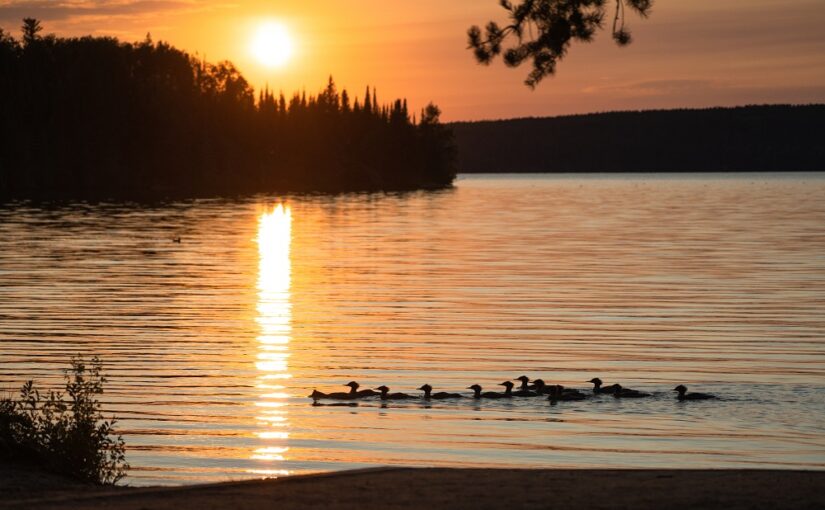Today’s blog comes from Kelsey Fenwick, senior park naturalist at Blue Lake Provincial Park.
Growing up in small town Ontario, I’ve always loved and appreciated the natural world.
Interestingly, I spent most of my life appreciating nature from a distance.
Although my hometown of Dryden is surrounded by the beautiful boreal forest, for most of my life I was content to stick to the familiarity of the paved streets and the “safety” that I perceived as being within city limits.
I was always nervous to stray “off the beaten path” — you’d never catch me backcountry camping or hiking on a trail more than a kilometre in length.
This all changed for me after high school when I scored a summer job working outdoors. The idea of having to venture from that familiar beaten path was really intimidating, but I’m so glad I took the chance because it changed the course of my life and career.
I realized how good I felt after coming home from work.
Getting outdoors
At home I found myself reaching for the TV remote less and for my outdoor shoes more.
I started to pay attention to my mood while working office days versus field days and noticed the field days yielded a strong sense of satisfaction, a mood boost, and feeling of restoration that was unmatched!
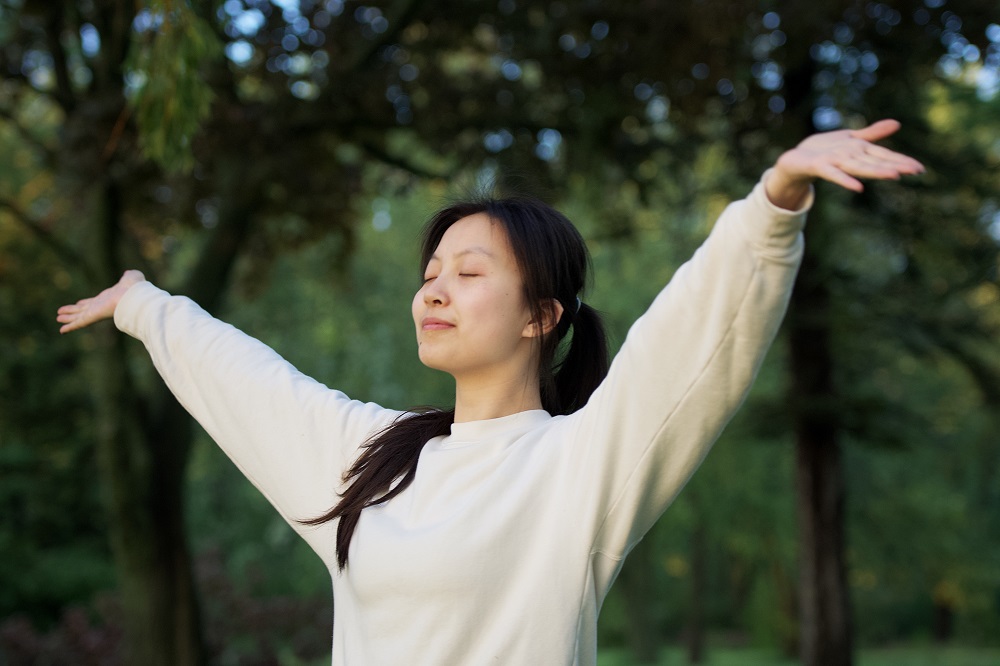
My interest in psychology and mental health led me to dig deeper into this phenomenon.
I started seeking an understanding of the relationship between nature and our human health and well being.
Why does it feel so nice to be outdoors, and what really happens to our brains and bodies when we are exposed to nature?
Taking it all in
There is a lot of information out there that encourages us to get outside for the purpose of health and wellness, whether it be outdoor exercise, camping, fishing, paddling, or more recently the practice of forest bathing.
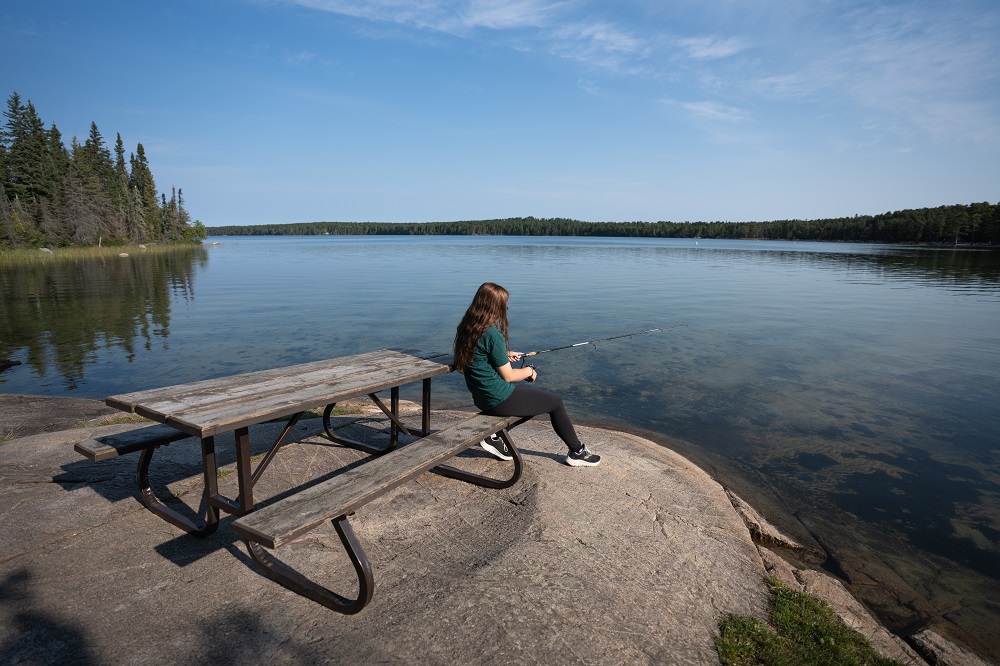
All these activities get us out of our routine and into an invigorating experience – no wonder we feel better afterward!
Even if you’re simply looking at photos or videos of natural landscapes and features, looking out of your office window to gaze at the trees outside, or listening to nature sounds, it still has a positive influence on our wellbeing.
Let’s dig a little deeper
Over the past 200 years or so, the process of urbanization has changed the dynamic of community life across the globe. Humans went from smaller communities spread out over rural areas to having large populations residing within ever-smaller urban spaces.
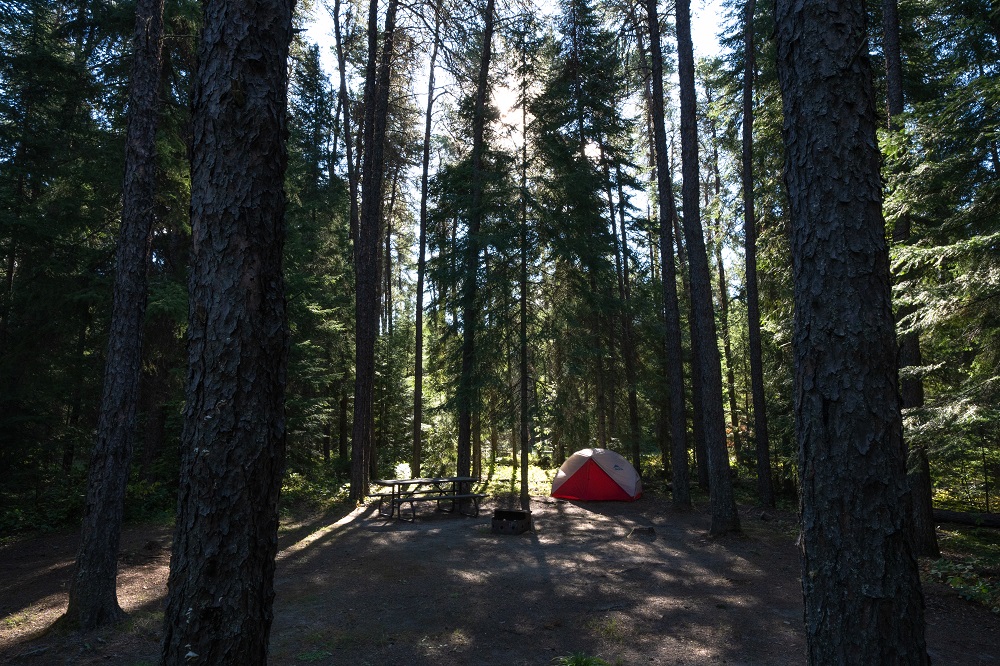
This modern urban environment constantly demand our attention; city life really gives our brains a workout.
In addition to making our brains work harder, these environments also prevent a total recovery from the constant onslaught of sensory input. Luckily, nature provides us with a means of recovering from physical and psychological stress.
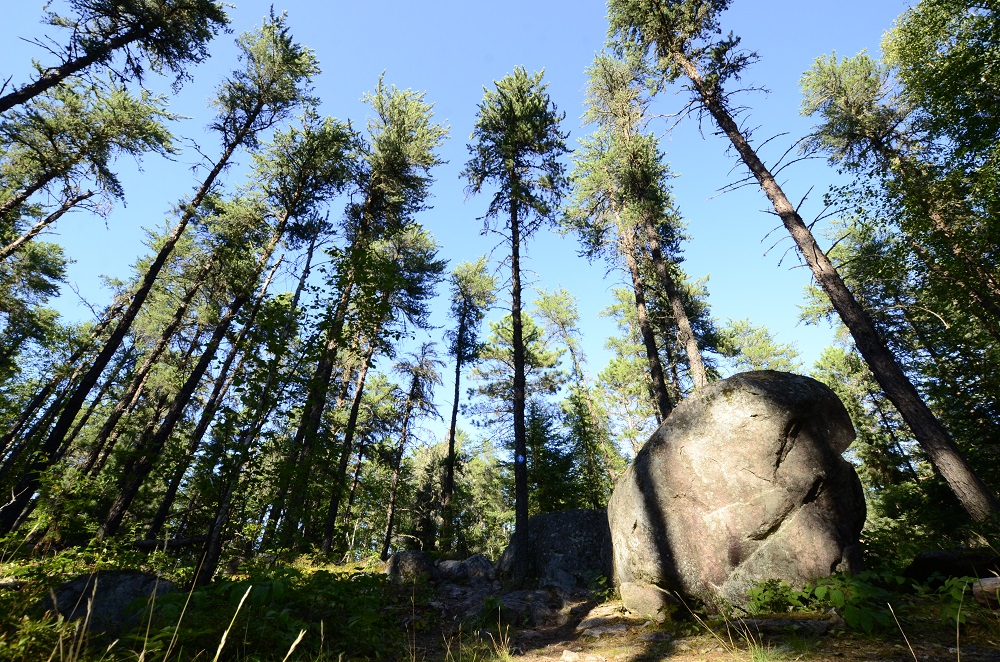
Our nervous system is in charge of the functions that we usually don’t give much thought to: heartbeat, digestion, blood pressure, and more.
It has two different parts, like two sides of the same coin: the sympathetic nervous system and the parasympathetic nervous system. A healthy nervous system has a balance of both parts working together without too much of one or the other.
Feeling flighty?
Our sympathetic nervous system (SANS) is in charge of our “fight or flight” stress response – that feeling of tension and anxiety that we get when we are overwhelmed or feel like we’re in danger.
It activates your heart rate to speed up, delivering more blood to areas of your body that need more oxygen and boosting adrenaline to help you get out of danger. Too much time spent in “fight or flight” can negatively impact our mental and physical health.
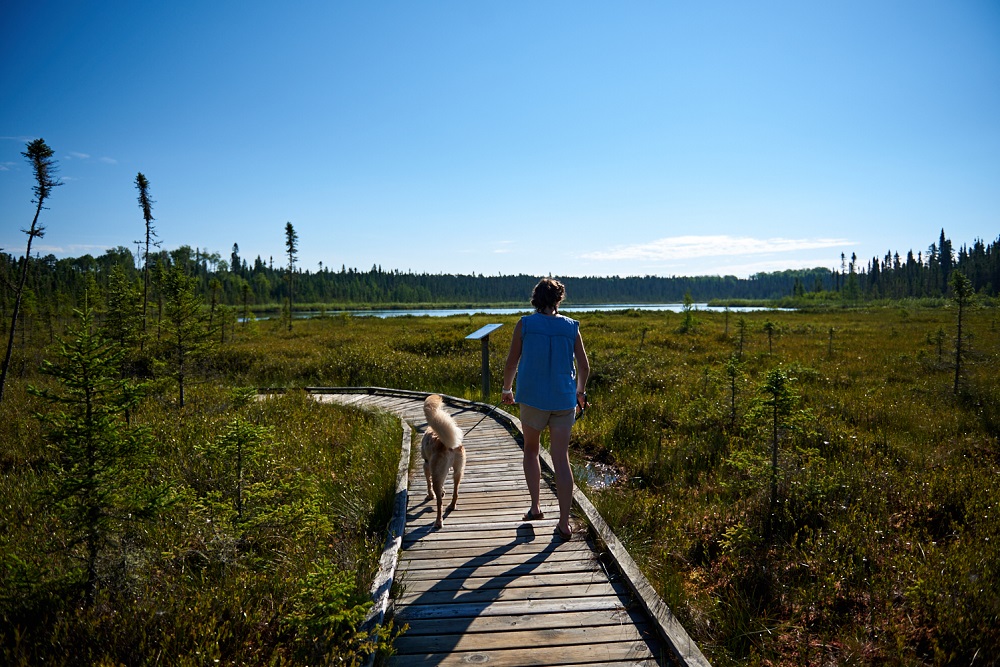
Our parasympathetic nervous system (PANS) does the opposite. It’s charge of our “rest and digest” state, the sensations of relaxation and contentment. This system relaxes your body after a period of stress or danger and kickstarts our life-sustaining processes (like digestion) during times when you feel safe and relaxed.
Unfortunately, our nervous systems haven’t quite caught up to this busy and exciting urban environment. We’ve only had to deal with it for a small slice of our human existence!
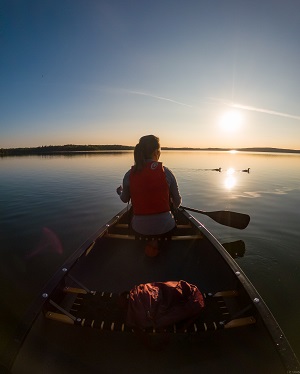
Our brains don’t necessarily know the difference between rush-hour traffic in Toronto and being chased by a predator – it just responds to the threat by restricting our digestion and increasing our heart rate and adrenaline levels.
Even if that threat is just a traffic jam or a stressful meeting!
Instead, natural environments provide us with the right sights, sounds, and smells to prompt the opposite rest-and-digest state. It allows us recuperate from a stressful sensory experience.
Beyond the physical health benefits, research shows strong evidence that our overall mood and emotional state can be improved through exposure to nature.
Just looking at pictures of nature causes more activity in the regions of the brain responsible for empathy and pleasure.
Give your brain a break
The other piece to nature’s impact on our brains and bodies is the effect on our cognition.
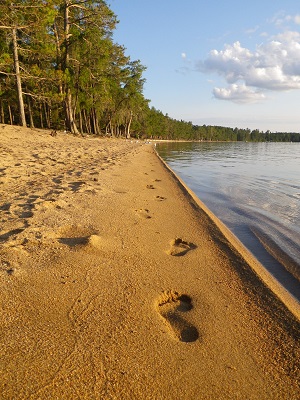
Cognition is our brain function – our ability to acquire knowledge and information and use it in our day-to-day lives. It includes functions like memory, attention, information processing, and pattern recognition.
When we’re in natural spaces, the lack of stressful stimulus means our brain doesn’t have to use as much cognitive energy to keep up with our surroundings. Think of the contrast between a trail through a quiet forest and a busy city street, it’s not difficult to picture where our brains feel more at ease!
Natural scenes or spaces grab our attention and engage all our senses without using up too much mental energy.
This mix of fascination and involuntary attention is the sweet spot for our brain to be able to rest, while at the same time restoring our ability to deal with the stress and pressure found in our everyday lives. The positive effect of natural spaces on our cognition has been proven to last up to weeks after exposure.
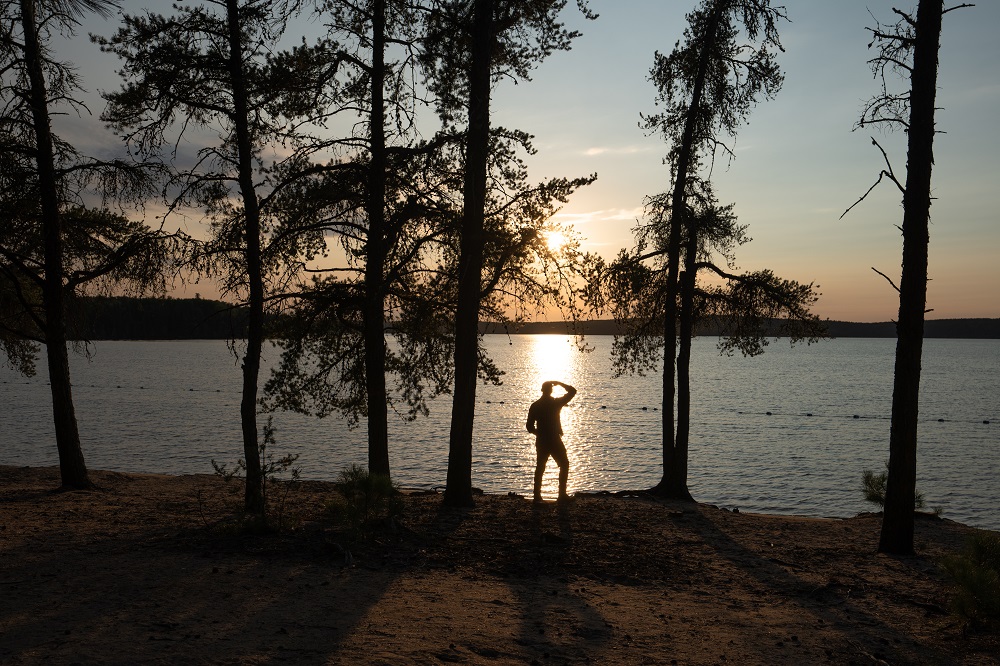
With a newfound understanding of how nature influences our brains and bodies for the better, let’s get out and enjoy Ontario’s beautiful natural spaces!
Find your nearest park or protected area!
And don’t forget to check out the Healthy Parks Healthy People web page for more information about nature’s role in our human health and well being.
